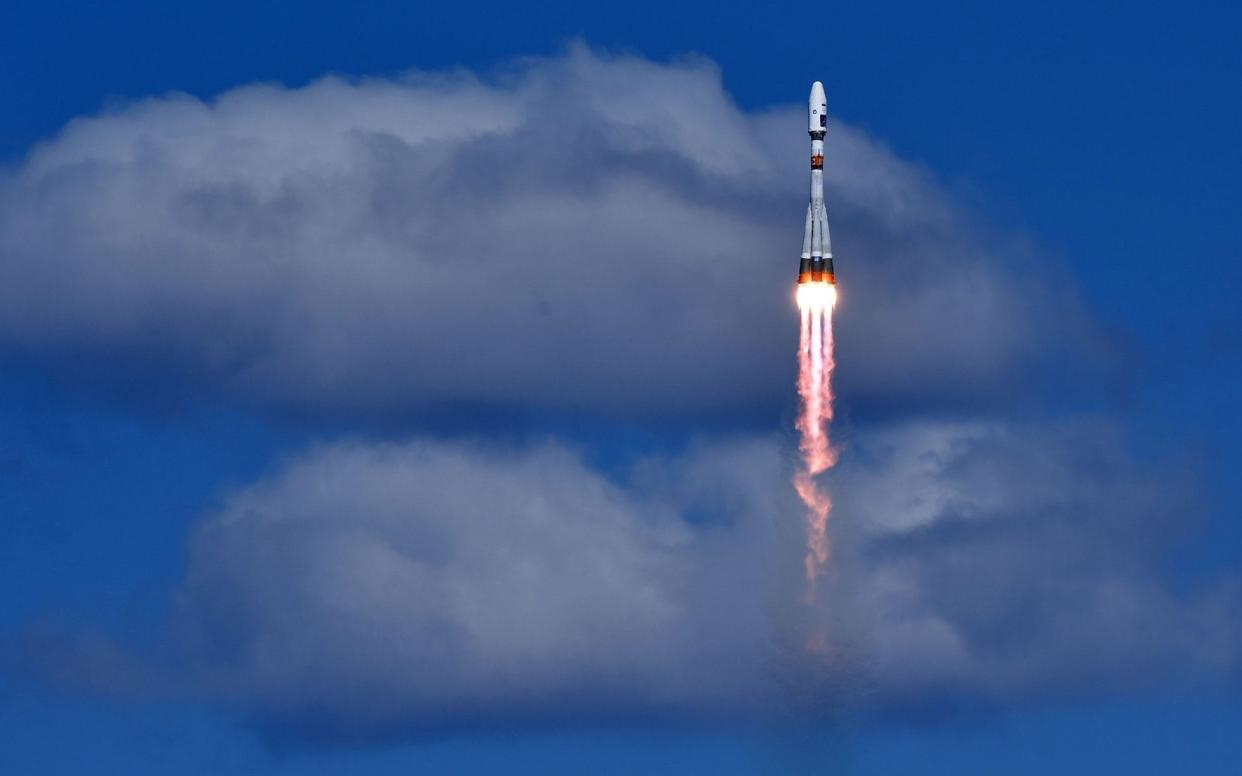Space-based threats are an 'acute and increasing risk' to Britain, Air Force head says

Space-based threats offer an “acute and increasing risk” to Britain’s security, the head of the Air Force has warned.
Potential adversaries recognise our reliance on space and “dependency creates vulnerabilities”, Air Chief Marshal Sir Stephen Hillier said. Countering such threats has “hitherto not been one of our highest priorities” he admitted.
Speaking at the Defence Space conference, the Chief of the Air Staff said that space has previously been viewed as a “free good” with no real risk. As satellite technology has revolutionised every aspect of human endeavour, he warned Britain’s enemies could exploit such reliance.
Echoing the Defence Chief’s comments, Will Jessett, Director for Strategic Planning at the Ministry of Defence, said Britain’s enemies were developing “counter-space capabilities to destroy, disrupt and degrade” satellite systems.

Such attacks would be hard to attribute, he warned, and the lack of “globally accepted rules governing space activity” was a serious concern.
ACM Hillier called for Britain to develop sovereign launch capabilities. The “tumbling cost of space launch” reduced the cost and risk of relying on other countries, such as Kazakhstan, he said.
“There are clear commercial and military advantages in such a strategy,” he suggested, as “cost efficiency has self-evident virtues.”
A spokesman for the UK Space Agency said Prestwick or Newquay could be used for “horizontal launch”, whereby the space payload is carried to great height prior to launch into orbit.
Traditional vertical launch sites would likely be based in northern Scotland to remove the risk to the public, regardless of the threat posed by a second Scottish referendum.
“If it was commercially viable to launch from Scotland, even if it was an independent country, the investment would flow”, said Alistair Scott of the British Interplanetary Society.
One quarter of the world’s communications satellites are built in the UK and the government aims for Britain to make up 10 per cent of the space market by 2030.
The sector is worth £14 billion annually to the Treasury and employs almost 40,000 people in the UK. The government’s Space Industry Bill, signed in March 2018, has paved the way for the first UK launch by 2020.

 Yahoo News
Yahoo News 
